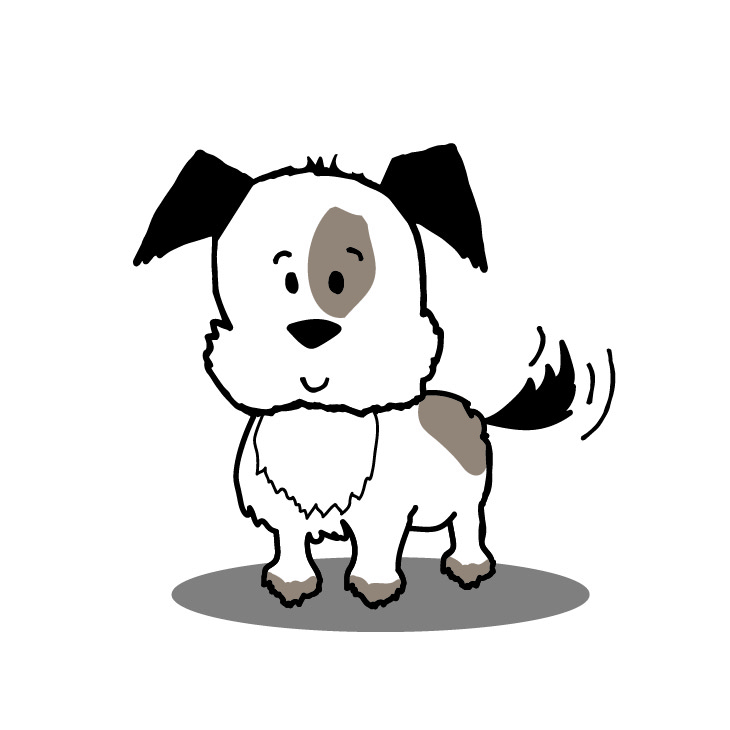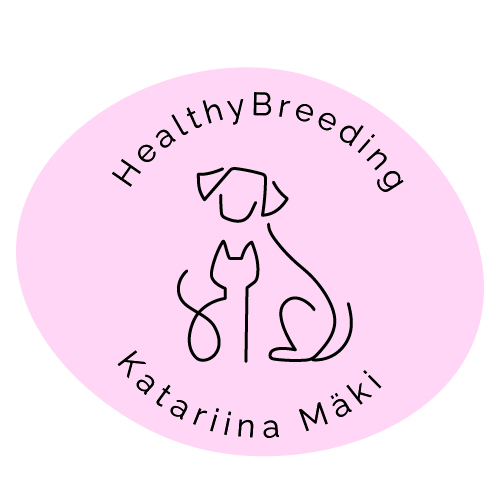Use the alphabetical glossary below to remind yourself what the terms in the course mean.

Allele – alternative form of a gene. Also called a variant.
Chromosome – consists of a DNA strand.
Chromosome pair – pair of matching chromosomes from the sire and the dam.
Crossing over – exchange of fragments between the homologous chromosomes (chromosome pair coming from the sire and the dam)
DNA (deoxyribonucleic acid) – chain-like molecule that carries an individual’s genes. Packaged as chromosomes in every cell.
Egg – female gamete, a reproductive cell.
Gamete – reproductive cell; sperm or egg. An individual passes on its genes to its offspring through gametes.
Gene – recipe for a protein.
Gene pair – pair of alleles; one from the sire and another from the dam.
Genetic relationship – proportion of DNA (gene alleles) shared by two individuals.
Genome – all the genetic material of an individual, all the DNA.
Linkage – genes are so close to each other on the chromosome that they usually inherit together.
Linkage group – the genes on the same chromosome.
Mitochondria – ”energy plant” of the cell, with its’ own DNA molecule. Mitochondrial DNA is called mtDNA.
Protein – building material of cells. Produces almost all the functions of the body.
Recombination – the mixing and random distribution of maternal and paternal alleles into gametes.
Somatic cell – cell other than a gamete.
Sperm – male gamete, a reproductive cell.
Variant – allele; alternative form of a gene.
Is there a term missing from the vocabulary used in the course? Tell me in the comments box below and I’ll add it.

Leave a Reply
You must be logged in to post a comment.